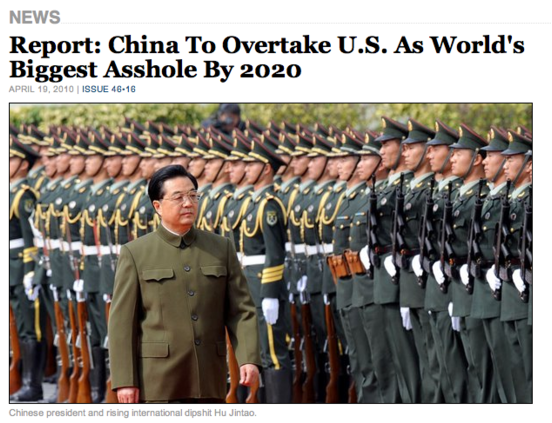Brillanter Artikel von Mark Lilla in der New York Review über die Tea-Party-Bewegung und ihre „politics of the libertarian mob“ – ein sehr amerikanisches Phänonem mit gewissen Anknüpfungspunkten für europäische Populisten (die freilich stärker auf den Wohlfahrtstaat bezogen sind). Auszug:
„Many Americans, a vocal and varied segment of the public at large, have now convinced themselves that educated elites—politicians, bureaucrats, reporters, but also doctors, scientists, even schoolteachers—are controlling our lives. And they want them to stop. They say they are tired of being told what counts as news or what they should think about global warming; tired of being told what their children should be taught, how much of their paychecks they get to keep, whether to insure themselves, which medicines they can have, where they can build their homes, which guns they can buy, when they have to wear seatbelts and helmets, whether they can talk on the phone while driving, which foods they can eat, how much soda they can drink…the list is long. But it is not a list of political grievances in the conventional sense.
Historically, populist movements use the rhetoric of class solidarity to seize political power so that “the people” can exercise it for their common benefit. American populist rhetoric does something altogether different today. It fires up emotions by appealing to individual opinion, individual autonomy, and individual choice, all in the service of neutralizing, not using, political power. It gives voice to those who feel they are being bullied, but this voice has only one, Garbo-like thing to say: I want to be left alone.
A new strain of populism is metastasizing before our eyes, nourished by the same libertarian impulses that have unsettled American society for half a century now. Anarchistic like the Sixties, selfish like the Eighties, contradicting neither, it is estranged, aimless, and as juvenile as our new century. It appeals to petulant individuals convinced that they can do everything themselves if they are only left alone, and that others are conspiring to keep them from doing just that. This is the one threat that will bring Americans into the streets.
Welcome to the politics of the libertarian mob…“

